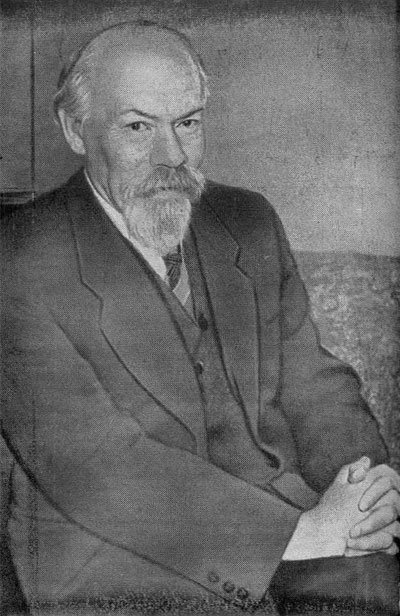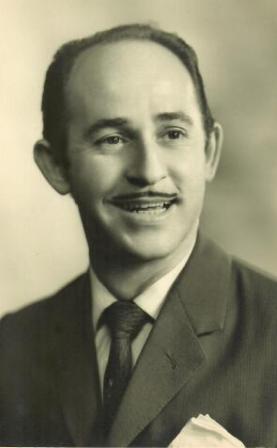Gnesin was born in Rostov-on-Don, son to the local Rabbi. He began his musical education with Cantor Gerovitz and pianist Oscar Fritch at the Rostov Technical Institute. He went on to study composition at the Petersburg Conservatory with noted teachers Liadov, Glazunov and Rimsky-Korsakov. After traveling and studying throughout
Gnesin was also a prolific composer in his own right, making use of Jewish folk melodies as the thematic base for his works. Gnesin commented on his use of Jewish musical idioms, “Elements of Jewish music captured my musical feelings and imagination to such an extent that even when I did not have the mission to look for a Jewish style, those elements appeared in my works.” Some of the most distinguished work from his “Jewish” period includes: the operas, The Youth of Abraham (1921-23) and The Maccabees (1921); the symphonic works, Songs from the Old Country (1919) and The Jewish Orchestra at the Ball of the Town Bailiff (1926); and the song cycles, Red Headed Motele (1926-29) and Song of Songs (1922). In the 1930’s Gnesin slowly shifted his focus away from Jewish thematic material and began incorporating other folk music idioms. This change in compositional style was accompanied by a drastic decrease in his production. In addition to his teaching and compositional career, Gnesin published several books on composition, and a study of Rimsky-Korsakov’s life and work.






